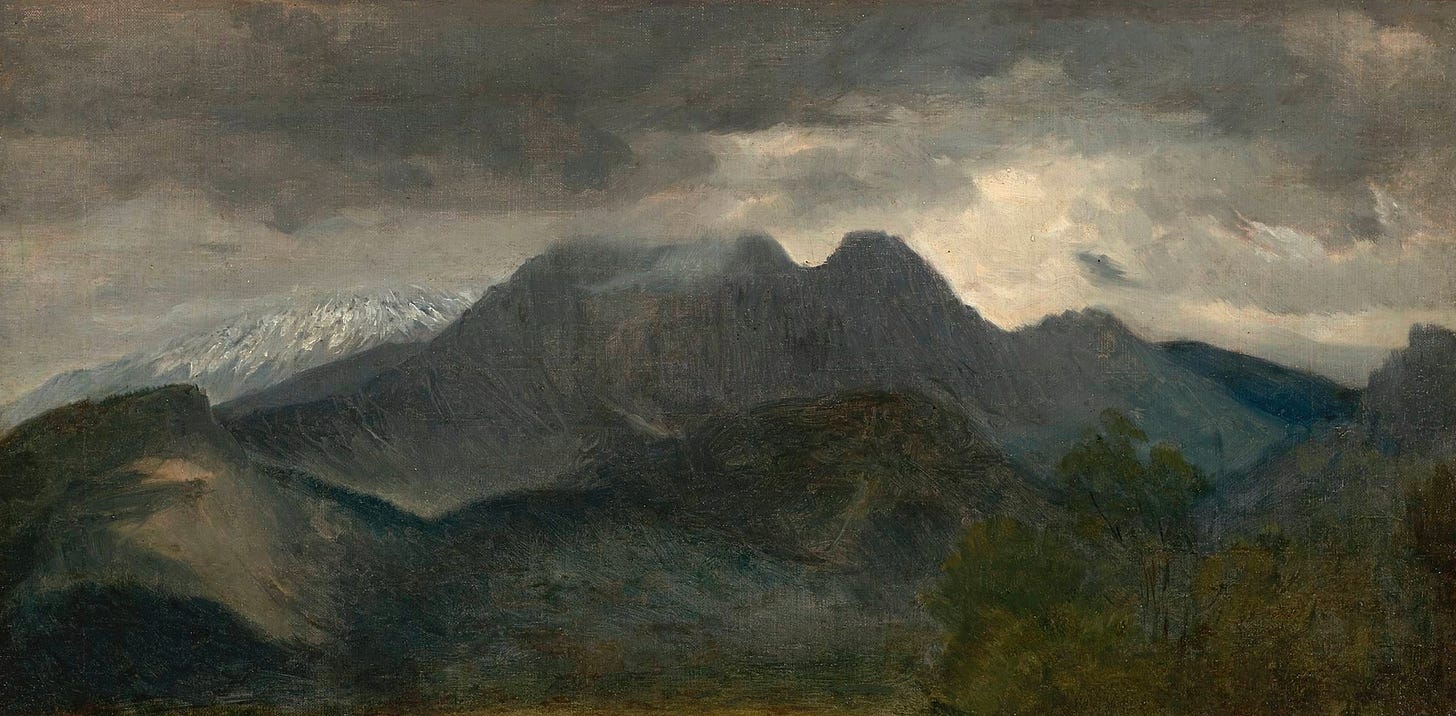Twin Peaks and the Divine
Is there a secular path to the comforts of deep religious faith?
A few weeks back, on an episode of the pod that turned very existential, Twitter's Audrey Horne (rightly) pressed me about what she felt was a cop-out response. I had invoked “art” and “the sublime” as a possible answer to dealing with existing in an immensely cruel and violent world.
“That’s how you live? That's what makes it fine to live — art?” she said in audible disbelie…




